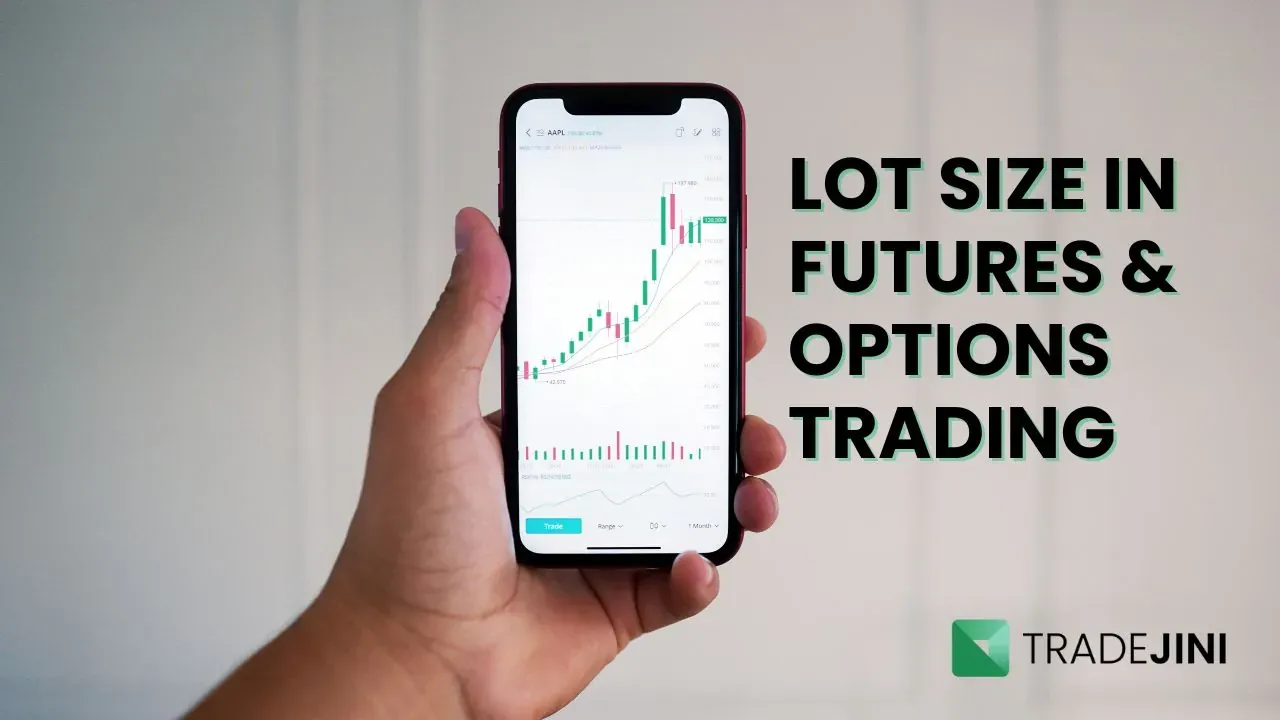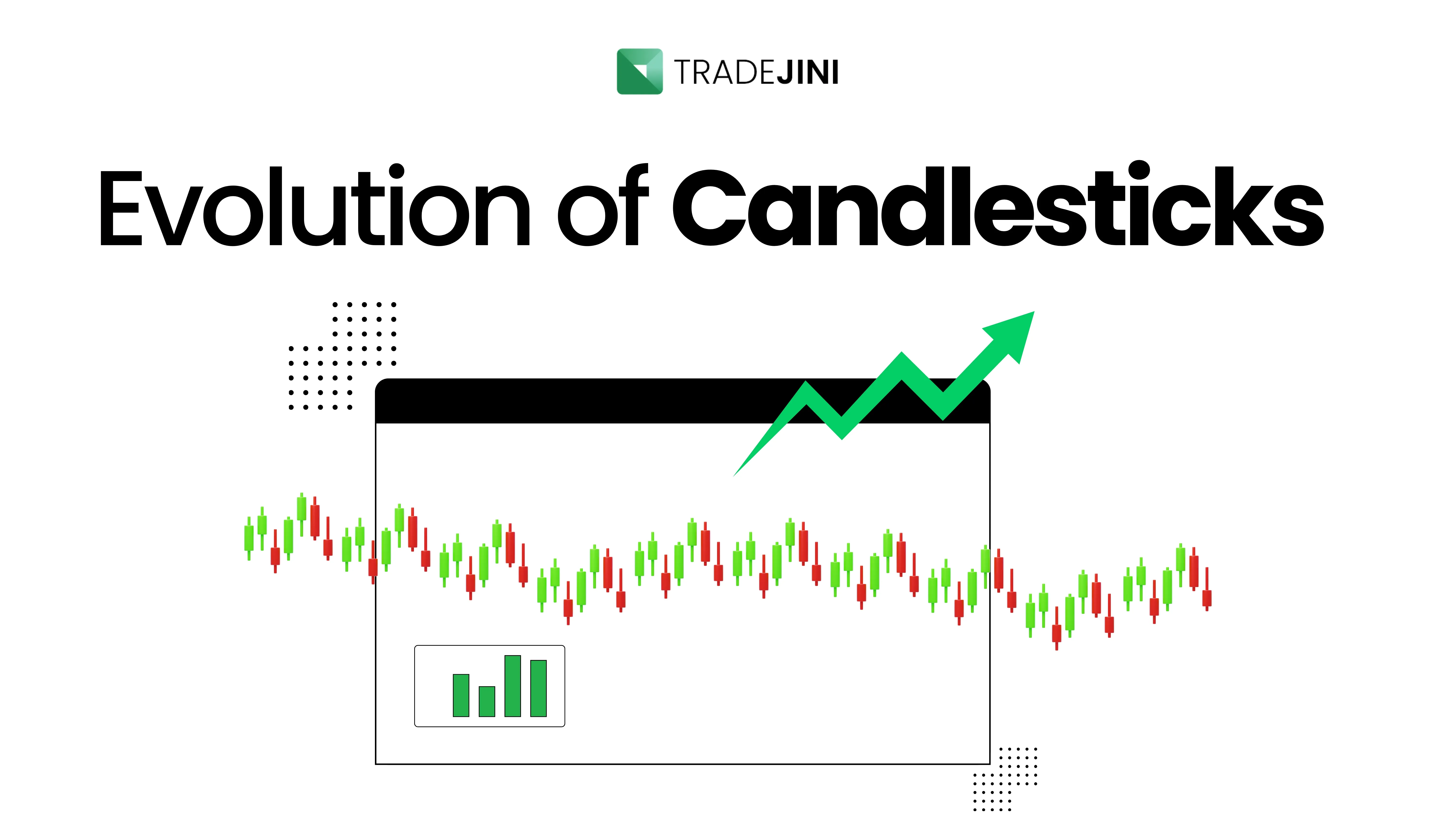Tracking MedPlus Growth in India’s Pharmacy Sector
While e-pharma startups battled for headlines and funding, MedPlus quietly built an empire one store, one discount, and one delivery at a time. Today, it stands as a retail powerhouse, combining old-school trust with modern-day tech. With a rising share of private-label generics, a diagnostics play in motion, and a franchise model rolling out, MedPlus is no longer just keeping up; it’s setting the pace for India’s next wave of healthcare retail.
MedPlus Health Services Limited, a leading Indian pharmacy retail chain, operates a diversified revenue model that leverages its extensive network of over 4,612 stores and online platforms. As of December 2025, it reported revenue of ₹1,561 crores and a profit of ₹46 crores.
Growth of MedPlus store count
![]()
Based on its business operations and strategic initiatives, below is a detailed explanation of how MedPlus generates revenue from retailing, generics, and other sources.
1. Retailing branded pharmaceuticals and FMCG products
MedPlus’s revenue is predominantly driven by its retail pharmacy operations. This segment includes branded prescription medicines, over-the-counter (OTC) drugs, and fast-moving consumer goods (FMCG) such as personal care products, baby care items, and soaps.
-
Omni-channel sales:
Branded pharmaceuticals dominate 80% of total sales, followed by FMCG products. MedPlus sells these primarily through its extensive physical store network. Online/e-commerce sales contribute just 6% of total revenue. The company continues to integrate online orders with stores (e.g., 2-hour delivery hubs) to boost this channel.
-
Pricing and discounts:
MedPlus pursues an aggressive pricing strategy to attract and retain customers. It offers discounts on branded medicines, bulk purchase incentives, and membership plans. The company advertises ‘FLAT 20% off’ on prescription medicines, compared to the 5–15% typically offered by competitors. Bulk purchases directly from manufacturers enable MedPlus to secure better margins. As of now, 26.2 lakh customers have enrolled in the membership program, which offers additional discounts and encourages repeat purchases.
-
Franchise model:
Historically, MedPlus operated under a company-owned, company-operated (COCO) model. It has experimented with franchising, where setting up a store requires ₹16–23 lakh, depending on size and location, ₹5–6 lakh for rent and interiors, and the rest for initial inventory. To support franchisees, MedPlus has partnered with SBI for loan facilities.
-
Cluster-based expansion:
MedPlus follows a cluster-based expansion strategy, focusing on strengthening its presence in core regions (mainly South and East India) before expanding concentrically into tier-2 and tier-3 cities within those states. In simple terms, it opens multiple stores in high-visibility areas to optimize supply chain efficiency and capture market share.
As of Q2 FY25, MedPlus added 108 net new stores, 71 of which were in tier-2 and tier-3 cities. It has also announced an ambitious pipeline of 600 new stores over the next three years, mainly in tier-2 cities. The average revenue per store is approximately ₹1.59 crore annually, compared to the industry average of ₹0.23 crore.
![]()
2. Revenue from private-label generic pharmaceuticals
MedPlus sources over 1,100 generic drugs from reputed contract manufacturers (e.g., Akums India, Windlas Biotech), covering chronic conditions like diabetes, hypertension, and heart disease. These drugs are sold under the MedPlus brand at 50–80% lower prices than their branded counterparts.
The company is aggressively scaling its private-label generics (off-patent medicines) and aims to derive 50–60% of total revenue from this segment within the next 2–3 years. Currently, generics contribute 19% of total sales, up from 5.6% in FY21. MedPlus invests in awareness campaigns to counter misconceptions around generic drug quality, drawing inspiration from U.S. retail giants like Walgreens and CVS. Generics are high-margin products, supporting a projected EBITDA margin of 5% for mature stores.
3. Revenue from other sources
Diagnostics Business:
MedPlus Pathlabs provides diagnostic services, mainly in Hyderabad, through a subscription-based model that offers significant discounts. It currently has 150,000 subscribers, with a target of 200,000–250,000 before expanding to other cities. Diagnostics contribute 2.9% of net sales. MedPlus has allocated ₹100 crore for scaling its diagnostics vertical, as disclosed in earlier earnings calls.
![]()
Optical Services: MedPlus also offers eyewear and related products in select stores. This contributes marginally to revenue and is categorized under the ‘others’ segment (~2–3% of sales).
![]()
Increase in generic private label boosts MedPlus's profitability
The 19.60% revenue share from private-label generics in Q3 FY25 is a promising indicator. For every 1% increase in the share of private-label sales, MedPlus earns an additional 0.15–0.20% profit on the overall business. The CEO is targeting 50–60% of total revenue from private-label products within the next 2–3 years—a trend that signals strong financial health and operational efficiency.
![]()
MedPlus growth prescription
India’s pharmacy market is set for a significant expansion, expected to grow from $25.4 billion in 2018 to $53.1 billion by 2030. While prescription drugs remain the dominant segment, rising OTC sales reflect a broader shift toward preventive healthcare and consumer-led self-care. The retail pharmacy space, projected to grow at a 9.9% CAGR to $40.19 billion, is being shaped by increasing chronic disease prevalence, improved healthcare access, and a growing preference for organized retail formats.
In this evolving landscape, MedPlus, with its extensive store presence, integrated digital offerings, and focus on affordability through private labels, appears well-positioned to participate in the sector’s next phase of growth.
_11zon.webp?alt=media&token=bd974821-aee4-43a5-b467-01d1a67a570b)
_20_11zon.webp?alt=media&token=6659b2e6-927e-42de-8375-e227e579f556)
_11zon.webp?alt=media&token=a8f3f55c-dc70-4d42-844e-6874ceff69ce)
_11zon.webp?alt=media&token=a05d2324-cace-44ed-a35f-50f9e63be9c3)
_11zon.webp?alt=media&token=14cd8f87-8add-49ce-84f1-ca07a0c52b0c)




_10_11zon.webp?alt=media&token=3a898737-5b2c-4f6f-ae40-4ae91266c584)
_11zon.webp?alt=media&token=5414cbb6-f264-426c-b7d6-08826c9965af)